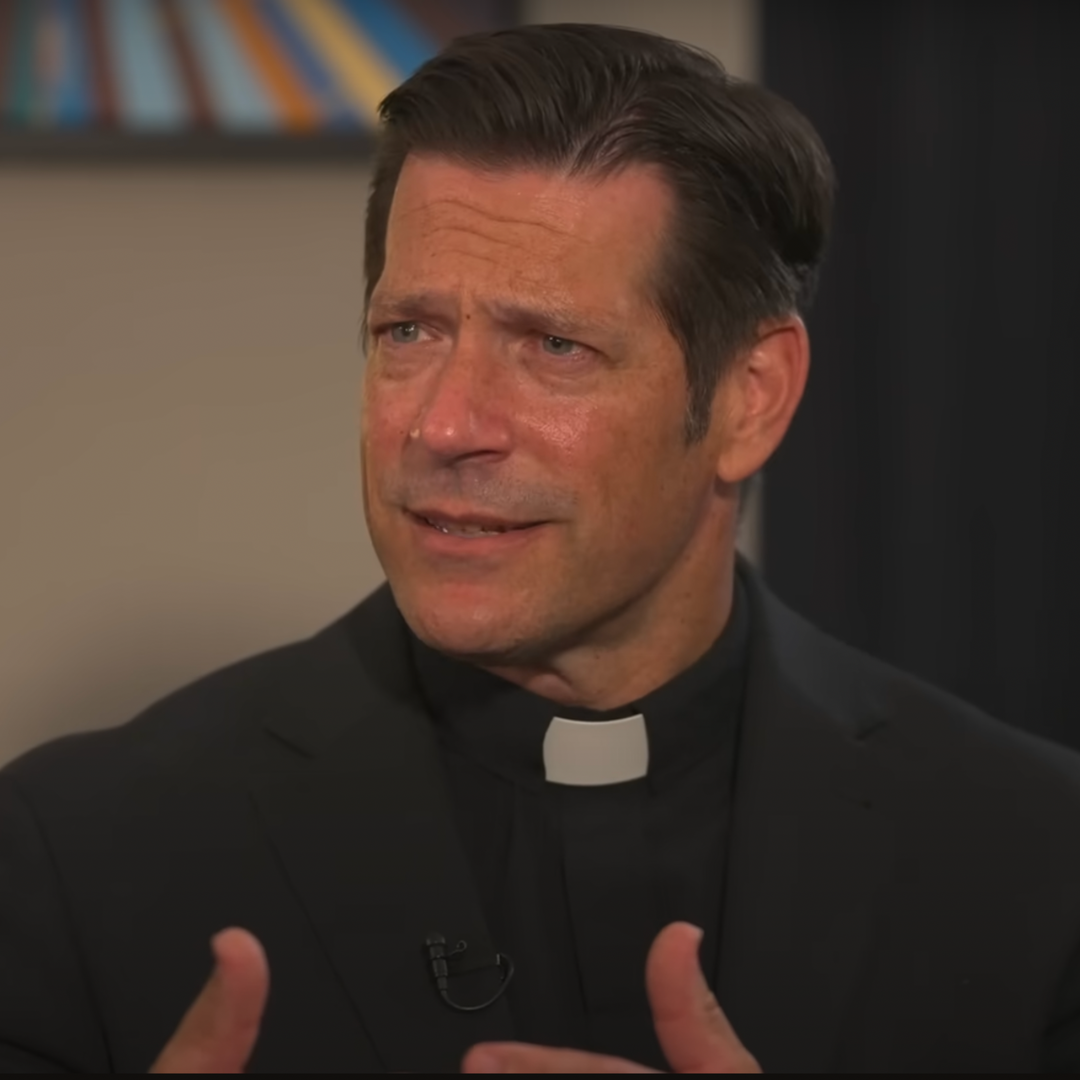What does the Catholic Church teach about IVF (in vitro fertilization)?
Over the past week, IVF trended across social media due to former President Donald Trump's announcement that he would mandate insurance companies to cover the procedure. This sparked huge debates on both sides of the spectrum.
In an interview with Chris Stefanick, Father Mike Schmitz explains Catholic Church teaching regarding IVF.
He says that while the Church is compassionate towards those who have difficulty conceiving, it's important to recognize that "God is the author of life" and we cannot separate "bonding and babies"
"Just because we can do something, doesn't mean that we should do it," he says. "When it comes to the mystery of sex and life, we can never violate one aspect of the sexual act in favor of another."
He continues, saying that IVF "removes the act of love from the act of life."
"As followers of Christ, we can't violate that intrinsic meaning of the sexual act, which is both love and life. It's both bonding and babies."
However, Father Mike clarifies that "every child who's conceived through in vitro is still a child of God and still made a God's image and likeness."
"It's not as if they're not loved and that's important. Sometimes people will say, 'But I was in vitro,' and yes, you are still made in God's image. God willed that your soul exists. That you exist means God wants you to exist. Even though these circumstances of your conception were outside of his law, the fact that you exist is because he wants you to exist."
The Catechism of the Catholic Church #2377 says this about IVF:
"Techniques involving only the married couple (homologous artificial insemination and fertilization) are perhaps less reprehensible, yet remain morally unacceptable. They dissociate the sexual act from the procreative act. The act which brings the child into existence is no longer an act by which two persons give themselves to one another, but one that 'entrusts the life and identity of the embryo into the power of doctors and biologists and establishes the domination of technology over the origin and destiny of the human person. Such a relationship of domination is in itself contrary to the dignity and equality that must be common to parents and children.' 'Under the moral aspect procreation is deprived of its proper perfection when it is not willed as the fruit of the conjugal act, that is to say, of the specific act of the spouses' union . . . . Only respect for the link between the meanings of the conjugal act and respect for the unity of the human being make possible procreation in conformity with the dignity of the person.'"


